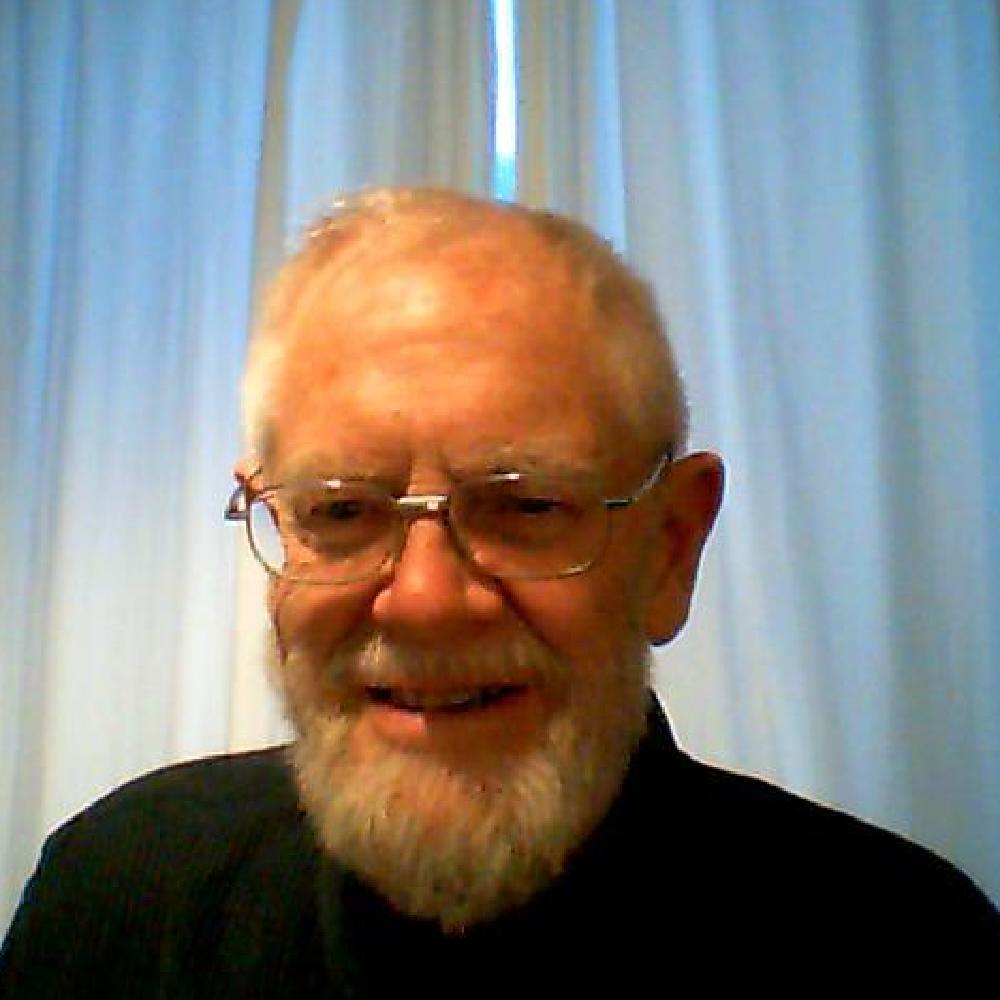
Bill Douglas

Mad Worlds is a historical novel – and hence the sub-title: A Tale of Despair and Hope in 1950s England. A young teacher, John, is forcibly admitted to Springwell, a harsh mental institution where he’s detained indefinitely, endures and witnesses abuse (some in the name of treatment) and meets fascinating fellow-patients.
His wife Heather, left with their baby, is bereft. Emerging from a post-natal depression, she focuses on rallying support from neighbours and her alienated parents. She loves John, but after visiting him, is distraught and despairs of his ever being released. She gradually feels more open to overtures from Newman, the mental health officer who got John removed to Springwell.
Other characters through whom parts of the tale are told are Parker, a sadistic charge
nurse who targets John, and Macdonald, who appears latterly as Springwell’s new boss,
fired with the notion of creating a caring community.
Tell us about your talks with your aunt and how they inspired you to work in mental health
My Aunt Jean was a nice person whom I never heard make derogatory comment about anyone else. When my widower Dad re-married, Jean, my step-mum’s older unmarried sister, came to stay with us for long periods from my early teens. At first she didn’t seem depressed, was able to smile and showed a sense of humour. But over the years she kept lapsing into depression.
From the start I found her easy to talk to – she was a good listener. And when she was clearly depressed, I’d listen to the self-blame and talk with her to try and cheer her up. Sometimes she’d say after, ‘These wee chats are a help, Billy, ‘ and smile. Other times I couldn’t get her seeing things more positively, she stayed miserable – I hadn’t helped.
From these encounters I wanted to - and felt I could - help people suffering mentally. I wanted to be a psychiatrist and too late found I’d have had to go for medicine first. When the University Appointments Board got a circular inviting social science graduates to work at a mental hospital with a view to going for psychiatric social work training, I seized the chance.
In what ways do your wife and Formby Writers support you and your writing?
My wife Elisabeth’s a talented creative fellow-writer. Over the years I’ve been writing and self-editing this novel, she’s always been ready to listen and give constructive feedback - and sometimes come up with suggestions. And from her nursing background she’s offered useful advice e.g. when a character falls sick. She’s helped throughout with my successful launch and is great at promoting my book when we meet folk.
In Formby Writers, our ethos is of mutual support. While I was deep into editing the novel before the group formed, I benefited from reading an extract and getting comment, also from teaching sessions we organised. And they’ve bought my book and helped with the launch.
What made you want to write more historical fiction?
I’ve always had an interest in history. And I’m now confident that once I’ve grasped the social realities of a particular era, I can create characters who’ll interact to bring that time to life. I’ve really enjoyed writing and editing ‘Mad Worlds…’ It’s like being on stage in a parallel dramatic world.
Tell us about the character of John Chisholm.
John’s not based on any one person I’ve met. I’ve been with many having breakdowns, and drawn on this experience in creating John. He grows up in a mining community, is a happy youngster, loving his parents and big brother, doing well at school and dead keen on football, when tragedy strikes his family. John cries secretly, grits his teeth and resolves to be a teacher when he grows up.
As an adult he shows these qualities – resisting being taken to Springwell, and when in there bearing his suffering, feeling for his fellow inmates and incensed at how they’re treated, and making friends. Though depressed to the point of despair at times, he resolves to survive and escape. Despite suspecting that Heather no longer loves him, he continues to love her and as he recovers health longs to be back with her and their baby daughter.
There is a humorous element to the book - tell us about that.
The humour is intended to be gentle and subtle, deriving from the way characters behave and interact. While there’s no fudging the threats and distress, I’ve tried to keep the style upbeat and reader-friendly – with plenty of dialogue – and some of the humour comes spontaneously.
Having said that, appreciation of humour is very much personal. When I go back to some passages in the novel, I find myself smiling.
What made you want to keep helping people after you’ve retired?
I’m moved by encountering people who are suffering in whatever way - and if I think I can help, want to. Knowing I’m still fit enough, and have more time than I ever had in paid work, I’ll use what experience I have to benefit others.
Of course I’m not some kind of saint. I make sure I’ve plenty of relaxation time – particularly with Elisabeth, our children and partners, and our grandchildren.
What is next for you?
I’d like to write a novel set in the 1930s/40s. Years ago, before I started work on ‘Mad Worlds…’, I wrote a memoir on growing up in St Andrews through the late 1930s and ‘40s. This remains unpublished. I’ll go back to that first. I’ve been blessed with a strong visual memory, and have studied World War Two. So I’ll soon be gearing up for that novel.
Since early youth I’ve loved reading short stories. Have written a few – but not sent any for publication. I’ll re-visit these, write more and aim to publish a collection.

